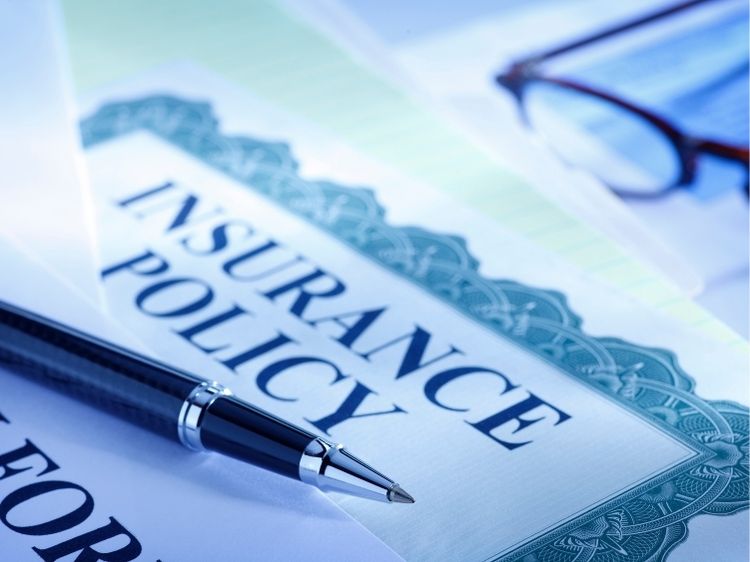If you’re driving a brand-new car from the dealership the last thing you’ll think of on you’re thinking about is what would occur if the car is totaled or stolen. Accidents do happen, and if they do, you could face an uninsured financial hole that normal auto insurance will not pay for. That’s where gap insurance can provide a solution. Knowing what gap insurance is and how it operates and whether you should get it could make a huge difference in protecting your financial health.
What Is Gap Insurance?
Gap insurance, also known as “guaranteed asset protection,” is a form of insurance specifically designed to cover gaps between what you are owed on your car either through lease or loan and the actual amount in cash (ACV) in the event of loss. The standard auto insurance policies generally only provide coverage for the ACV of your car and it is a quick depreciation. If your vehicle is damaged or taken away, you may be liable for more in the loan amount than the insurance company pays. Gap insurance helps fill this gap and ensures that you don’t end up paying for a vehicle that you no longer own.
How Does Gap Insurance Work?
In order to fully comprehend the value for gap insurance you need to know how depreciation affects your car’s value. Once you drive your vehicle off the lot it’s worth begins to decline, and often dramatically within one year. For instance, let’s say that you purchase an all-new car for $30,000. One year later, the ACV may be in the region of $22,000. If you’re in an accident, and your vehicle is destroyed then your insurance provider is likely to reimburse you for the $22,000. If you have to pay $27,000 for your car loan, you’ll be left with a shortfall of $5,000. Insurance for gaps would pay this amount, freeing you from this financial strain.
Who Needs Gap Insurance?
It’s not an option for all people, but it’s an vital safety net for certain circumstances. If you’re financing your new car with a small or no down amount, leasing a vehicle or have a vehicle which is depreciating quickly the gap insurance may be a smart investment. In addition, if the term of your loan extends past sixty months, then you may gain from gap insurance because longer loan terms could cause slower accumulation of equity. Without this coverage and protection, you could end up in a position of having to pay thousands of dollars in the bank in the event of an unexpected circumstance.
Where Can You Get Gap Insurance?
There are many options to purchase gap insurance. A lot of dealerships offer this as an option when you lease or purchase the vehicle. However, this may cost more than the other alternatives. Additionally, certain auto insurance companies include gap insurance in their policies, usually with a cheaper cost than the dealerships charge. Also, it is worth contacting your credit union or bank when you finance your vehicle in order to determine if they offer gap insurance. A comparison of terms, rates and interest offered by various providers will help you get the best price.
The Pros and Cons of Gap Insurance
While gap insurance is a great way to gain assurance It is crucial to consider all the advantages and drawbacks prior to making the choice. The positive side is that it can protect you from substantial financial loss in the event of a total loss especially for car buyers who are brand new and lessees. It’s also fairly affordable generally costing less than a few dollars each month if you add it to an existing insurance policy. On the other hand the gap insurance may be not necessary if you’re buying an used vehicle or you’ve already made a substantial down payment because it’s less likely that you’ll owe more than the ACV of the car. Knowing the specifics of your situation will allow you to determine whether this insurance is worth the cost.
How to Determine If Gap Insurance Is Right for You
Deciding whether you should purchase gap insurance is based on analyzing your finances, conditions of your lease or loan as well as your car’s depreciation rate. If you’re not sure, ask the following questions If you have a greater balance to your lender than the car’s value? Is it possible to pay the extra amount out of pocket in the case that your car is destroyed completely cause stress on your finances? If the answer to both questions is yes, then gap insurance can provide crucial security. However in the event that you’re approaching the expiration of your loan term, or have a significant equity in your car It could be a worthwhile expense.
The Bottom Line on Gap Insurance
In the realm of auto insurance gap coverage is a sensible and often ignored solution to a frequent issue. For a lot of motorists, it’s an insurance policy that guarantees that they don’t have to pay for a car they not use anymore. However, it’s certainly not an all-purpose option. Be sure to evaluate your financial situation as well as understanding the mechanism behind gap insurance can aid you in making an informed choice. When you do this you’ll be able to drive in confidence knowing that you’re insured against the unforeseeable.

